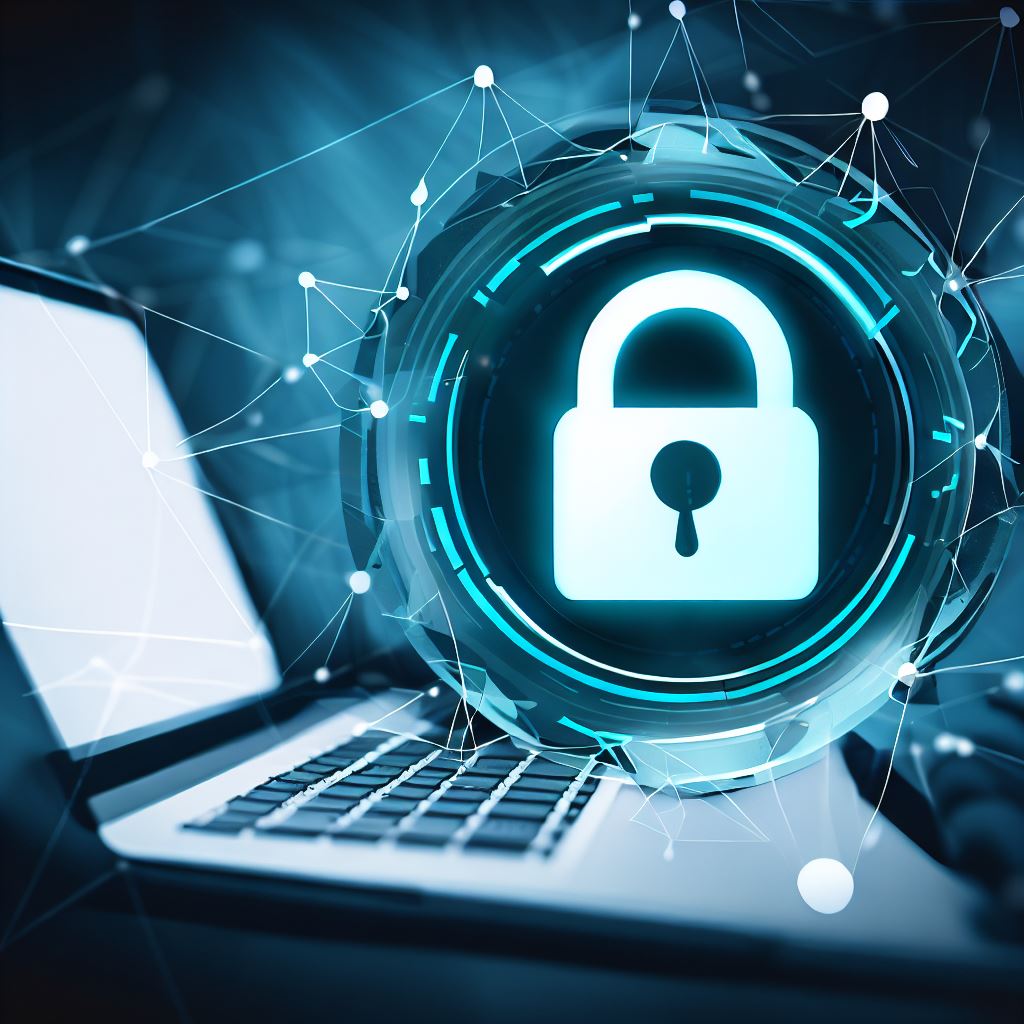In today’s digital age, privacy and security are paramount. As cyber threats become more sophisticated, so do the tools we use to combat them. One of the most powerful tools in the armory of the digitally savvy user is the Virtual Private Network (VPN). In this blog, we will delve deep into the world of VPNs, exploring their crucial role in secure communication.
1. What is a VPN?
A VPN is a service that establishes a private network across a public one, allowing users to send and receive data as if they were directly connected to a private network. It creates an encrypted tunnel between the user’s device and the server, ensuring that data transmitted through it remains confidential.
2. The Importance of Encryption
The primary role of a VPN is to encrypt your data. When data is encrypted, it’s turned into a code to prevent unauthorized access. This is particularly useful when you’re using unsecured networks, like public Wi-Fi at coffee shops, airports, or hotels, where your information is vulnerable to eavesdropping.
3. Preserving Online Anonymity
VPNs mask your IP address, making your online actions virtually untraceable. This is a crucial feature for journalists, activists, and anyone keen on protecting their digital footprint. By changing your IP address, VPNs also allow you to access content that may be restricted or censored in your region.
4. Bypassing Geographical Restrictions
Ever tried accessing a video or website and received a message that it’s not available in your country? VPNs allow users to bypass these geo-blocks by making it appear as though you’re accessing the web from a different location.
5. Safeguarding Sensitive Data
Businesses often rely on VPNs to ensure that their employees can securely access company files and databases from remote locations. This secure communication guarantees the confidentiality and integrity of sensitive data, making remote work more feasible and safer.
6. Reducing the Risk of Cyber Attacks
With cyber-attacks on the rise, VPNs serve as an additional layer of protection. While they’re not a standalone solution to cyber threats, they certainly make it much harder for hackers to access or intercept your data.
7. Choosing the Right VPN
There are numerous VPN services available, with varying levels of security, speed, and features. When choosing a VPN, it’s essential to consider its security protocols, server locations, speed, and privacy policies. It’s also recommended to opt for paid VPN services, as free ones often come with data caps, slower speeds, and may compromise on security.
8. The Limitations
While VPNs play a significant role in secure communication, they’re not invincible. A VPN doesn’t protect against malware, and some websites might use cookies or other methods to track your browsing habits even when you’re using a VPN. Always ensure to pair your VPN with a good antivirus program and keep your devices updated.
Finally…
In a world where our digital actions can be monitored, intercepted, or misused, VPNs play an invaluable role in maintaining the privacy and security of our online communications. By understanding how VPNs work and their significance, we can make informed decisions that prioritize our online safety and freedom.
